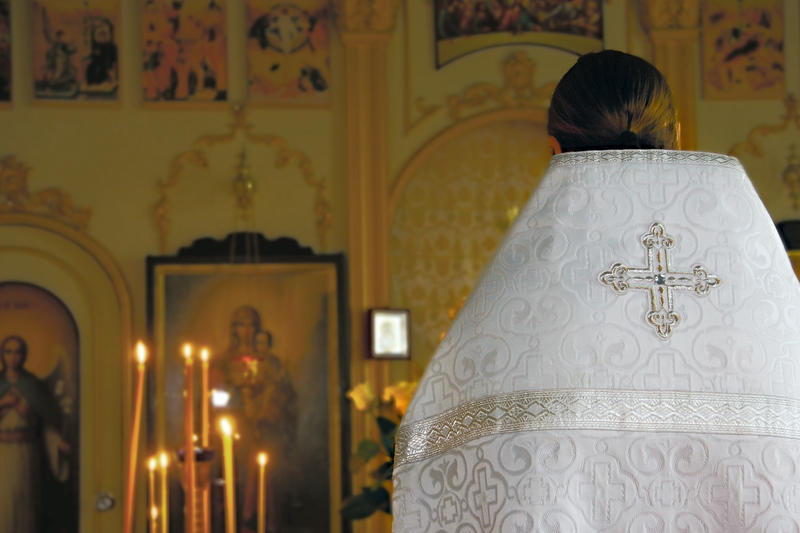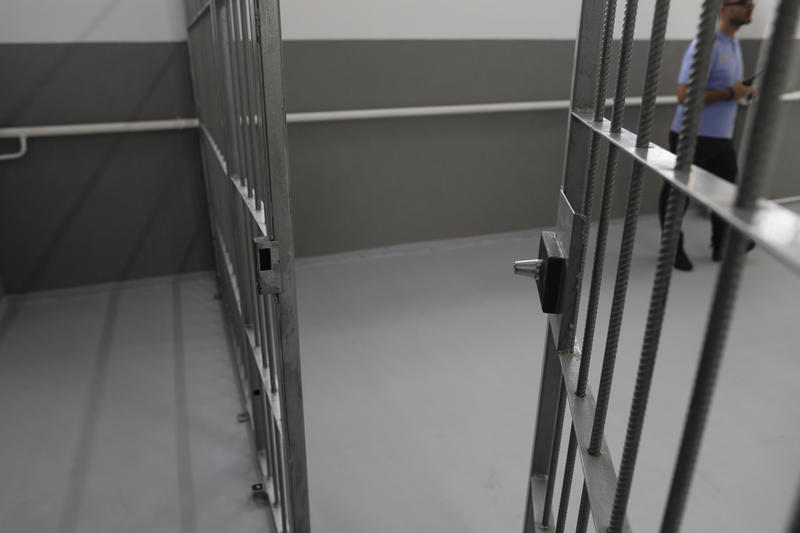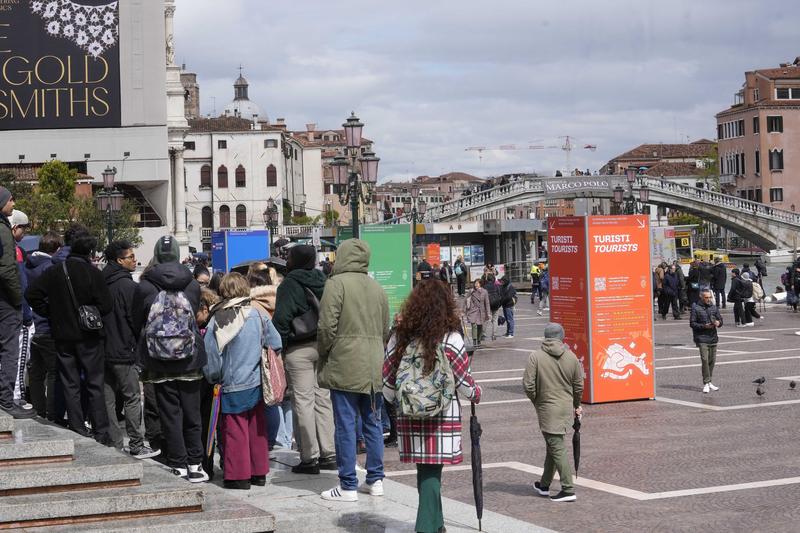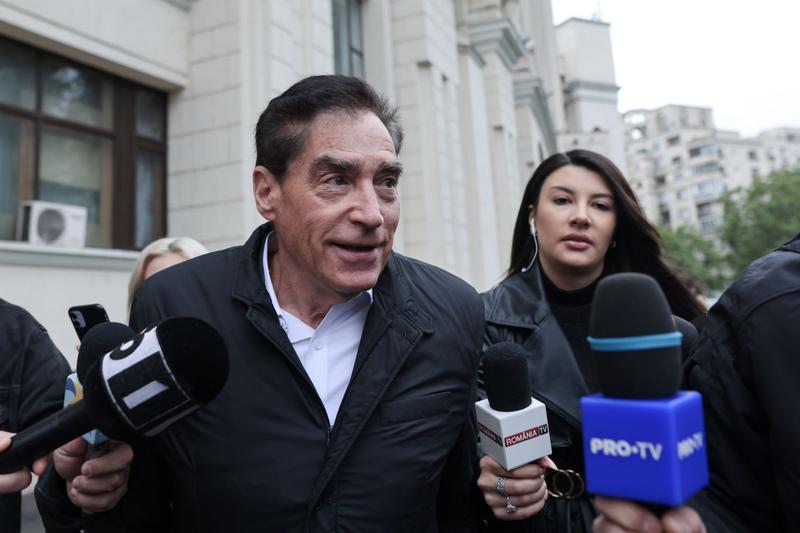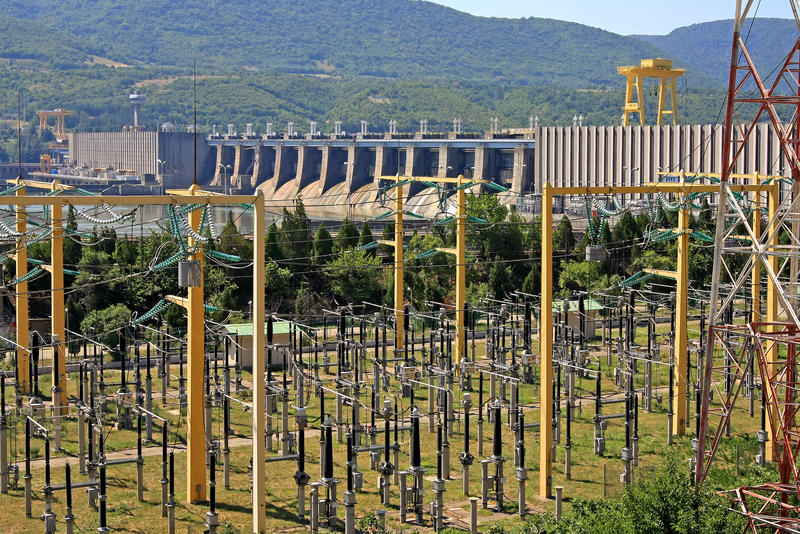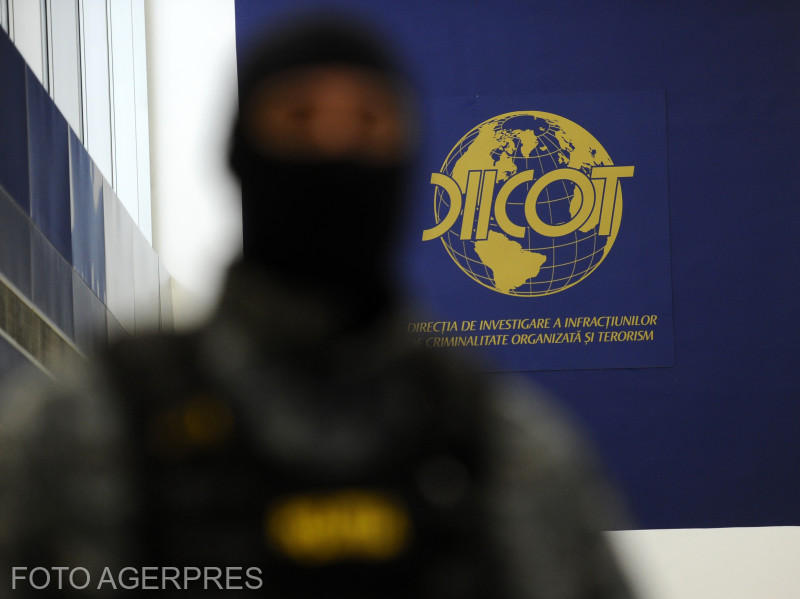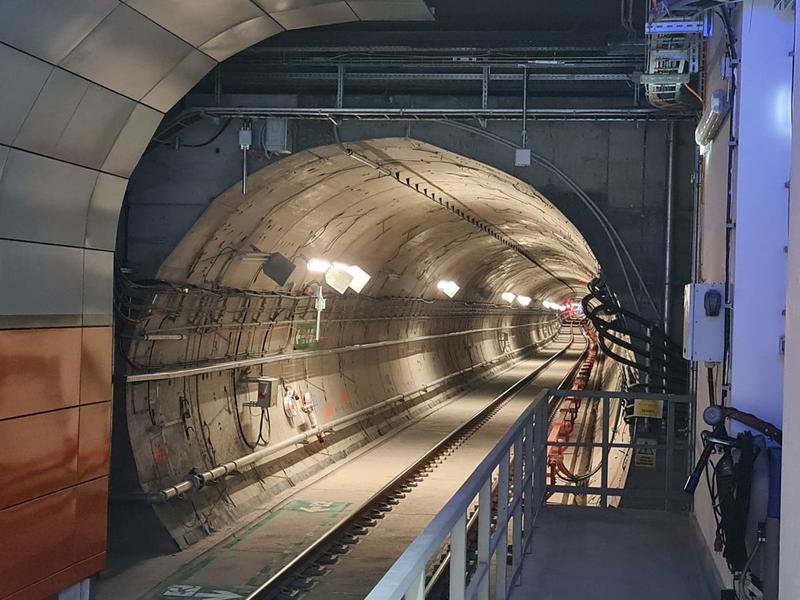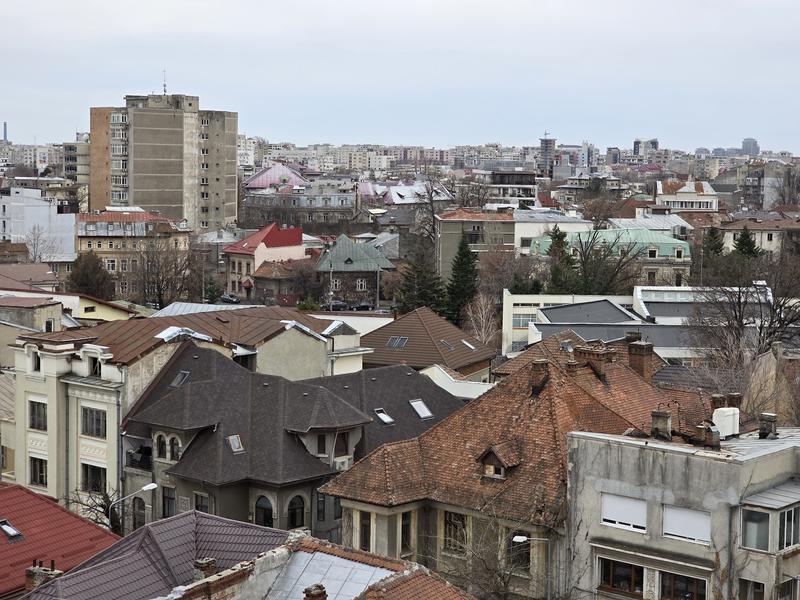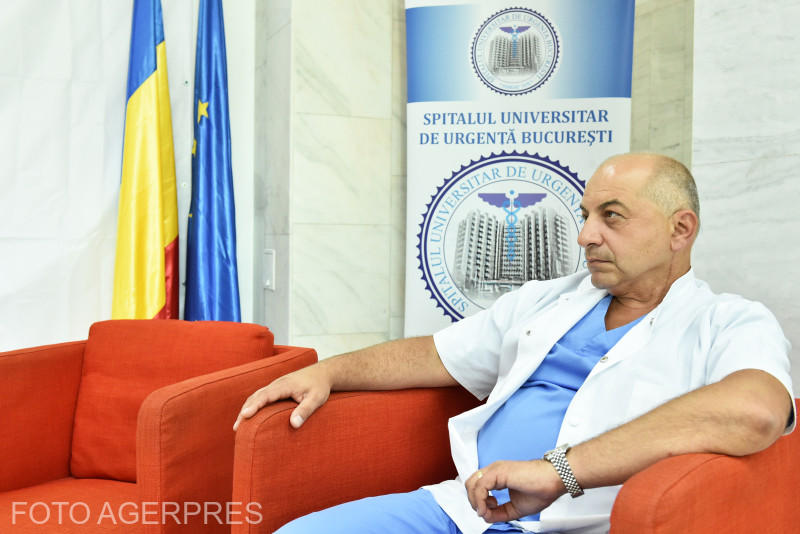The European Commission is set to recommend next week that Romania continue to stay under special monitoring mechanism beyond 2009, due to its slow progress in justice reform and the fight against corruption, indicates a draft of the EC's report seen by HotNews.ro. Romania has regained its reform momentum, but the report criticises the Parliament for the hesitating to take consistent decisions to support the efforts for justice reform and fight against corruption. The report is due on Wednesday, 22 July.
The EU executive is set to explain that the monitoring cannot be lifted until all of the benchmarks are met, but no safeguard clause will be activated.
A series of practical and legislative steps have been undertaken and a new momentum has been established to continue with reform process. However, this reform drive is not mirrored by an unequivocal commitment accross political parties. In particular the Parliament still seems to hesitate and does not always take consistent decisions to support the efforts of the executive on judicial reform and eradicating corruption, the draft report indicates.
EC considers that progress relating to the quality of the judicial system and the fight against corruption will also positively contribute to Romania's accession to the schengen zone as the lifting of border controls depends on mutual confidence. The Commission is trying againg to link the justice and fight against corruption in Romania to the accession to Schengen area. Last year such a connexion was eliminated from the final report adopted by the College of Commissioners.
Main assesments of the draft report:
- The adoption of the two Codes in June 2009 is an important expressionof political commitment and a significant step forward in terms of securing a more efficient legal system.
- Am implementing law for the application of the Codes will be needed. Romania will ensure that this implementing law and debate in the Parliament on the procedural codes do not serve to re-introduce provisions that were contested in the past or new ones which would undermine the efficiency of meaningful investigations into high level corruption and subsequent court proceedings.
- It will be important for the executive to agree with the legislator to amend the law on the functioning of the Constitutional Court so as to abolish the automatic suspension of cases where the exception of unconstitutionality is raised by a defendant.
- The Parliament’s procedure of requesting to initiate investigations of former ministers appears to be neither uniform nor swift.
- Mixed signals about the degree of commitment of the Parliament to the authorities’ efforts to pursue fight against high level corruption inevitably have a negative impact thorughtout the system.
- The reappointment of the Head of the National Anticorruption Directorate (DNA) marked an importantstep in ensuring stability and continuity of the authorities in charge of the fight against corruption. The continued existence of a specialised and efficient anti coruption framework is of vital importance for Romania.
- DNA has maintained its good track record of non-partisan investigations into high level corruption cases.
- ANI is now operational and has delivered good results. However, it will only be possible to fully assess the actual impact of ANI’s work once the first cases regarding unjustified walth, incompatibilities and conflicts of interest, which are still pending in the relevant judicial or disciplinary bodies, will be decided upon.
Recommendations regarding the fight against high level corruption:
- To ensure that the procedure for allowing criminal investigations of parlamentarians who are former and current members of the government is applied in a uniform and swift manner by the Romanian Parliament.
- To monitor the efficiency of the judiciary system in trials of high level corruption cases
- To ensure the stability of the legal framework for the fight against high level corruption including in the context of the new codes
- To adopt a law removing the automatic suspension of trials when exeption of unconstitutionality are raised.

